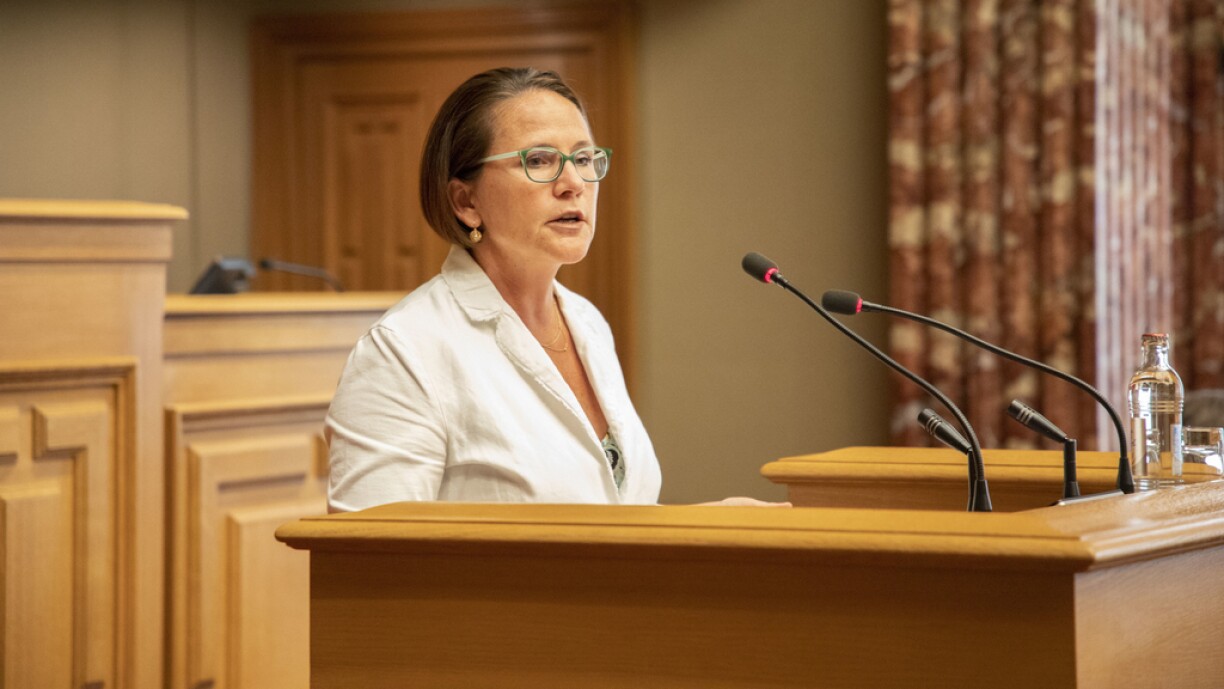
In her speech, the Minister hinted at tax cuts, including for medium-income earners, in the spring – but only if the state has the financial leeway to support them.
Backes stated that she would first like to see how the year 2022 ends. The Minister currently believes that the state deficit could turn out to be lower than expected. Backes also wants to wait for the figures for the first quarter of 2023 and the economic forecasts regarding inflation.
At the end of April, the Minister will present the long-term stability plan to the Chamber of Deputies. If the figures deteriorate, “we will have to remain reasonable.”
However, if economic conditions improve, she will announce tax relief during that speech. Backes did not elaborate further.
Related:Tax relief in 2023?: ‘If the situation allows it, I would be in favour’, says MP Max Hahn
The Minister opposes the Chamber of Employees’ and the Independent Luxembourg Trade Union Confederation’s (OGBL) proposal to entirely reorganise the tax table. Backes maintained that any loss of purchasing power will be “largely compensated for by other means,” particularly the €2.5 billion in measures “enacted to assist private individuals and businesses in dealing with the energy crisis.”
The planned budget for 2023 includes €3.8 billion in investments. This equates to around 4.6% of GDP and a €600 million increase over the 2022 budget. Backes stressed that “a crisis is not the time to make savings, as we learned from the 2008 crisis.” She declared that the country “must be modernised,” mentioning the digital and ecological transitions in particular.
Because of the “importance of the Triple A rating for the financial centre,” the Minister reiterated that she does not want to exceed the limit of 30% of GDP in terms of public debt. The financial centre also struggles to recruit qualified personnel, Backes explained. For this reason, the rules for hiring foreign staff will be “more advantageous” from 1 January. More companies, for example, will be able to offer bonuses to their staff.
Single parents are another priority in this state budget, according to the minister. The tax credit for single parents will be raised from €1,500 for an annual salary of up to €35,000 to €2,505 for an income of up to €60,000, then gradually reduced. A single parent with one child earning the unqualified minimum wage will receive €225 extra per month from 1 January. When the tax credit on energy costs expires on 1 April, there will still be an increase of €141 a month.
The Minister of Finance welcomed the wage agreement for the years 2023 and 2024 in the civil service. The deal will account for €130 million, which is not yet included in the budget because the necessary legislation has not yet been drafted.
Backes concluded by stating that the draft budget is “reasonable and realistic.”